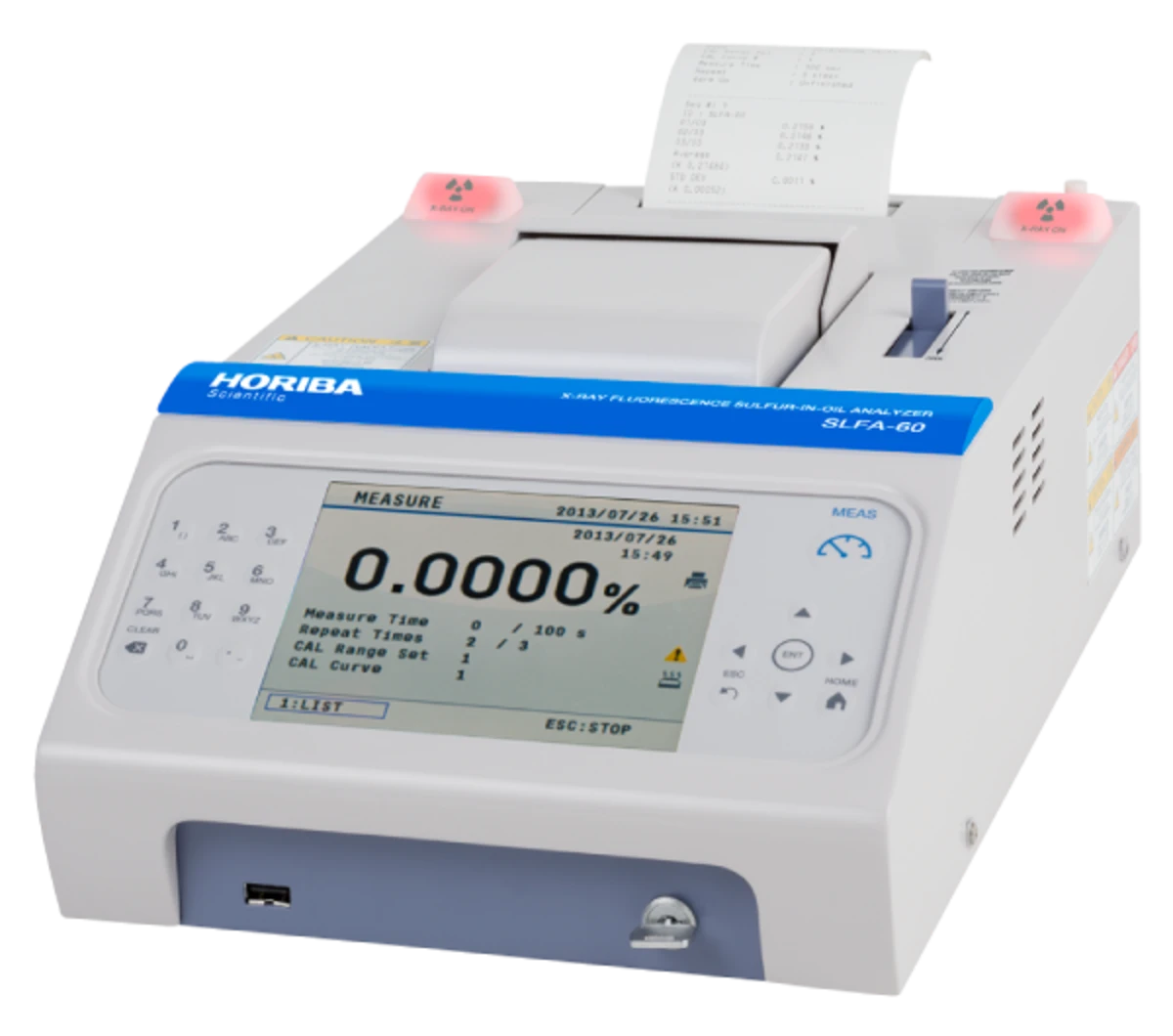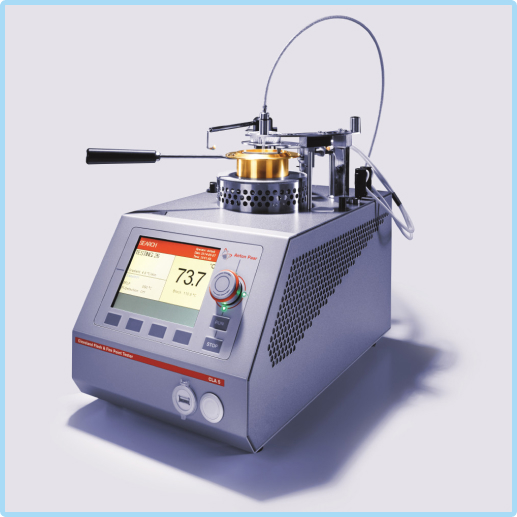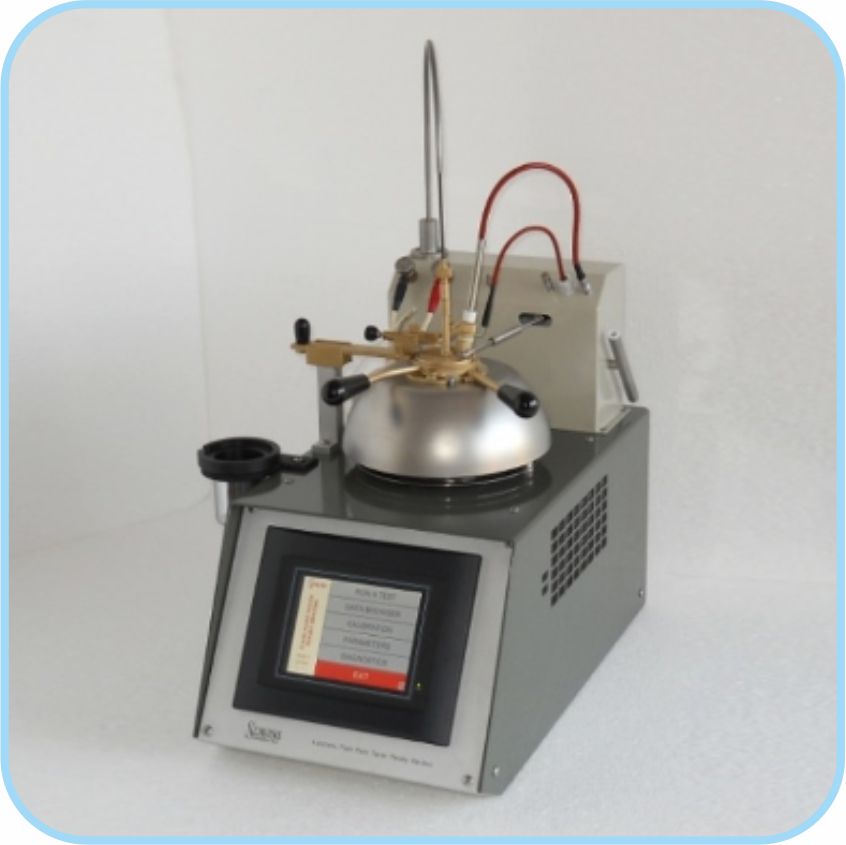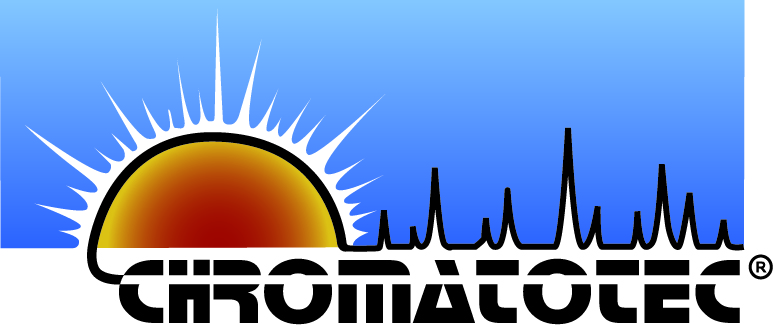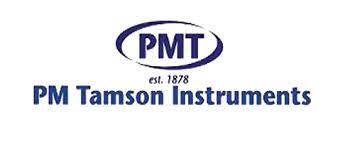
Founded in 2010, Apex Instruments is headquartered in Dubai, United Arab Emirates with two regional offices and a number of distribution outlets across the MENA region.

Apex Gulf Trading LLC
- P.O.Box 187081, Ras Al Khor, Dubai, UAE.
- +971 42243449 Ext - 118
- +971 52 619 1767
- sales@apex-instrument.com
UK Office Address
- Unit 3 Moseley Street Industrial Estate, Birmingham, B12 0RY
Have any questions or inquiry? Use the below form to send a message
All Rights Reserved @ Apex Instrument
